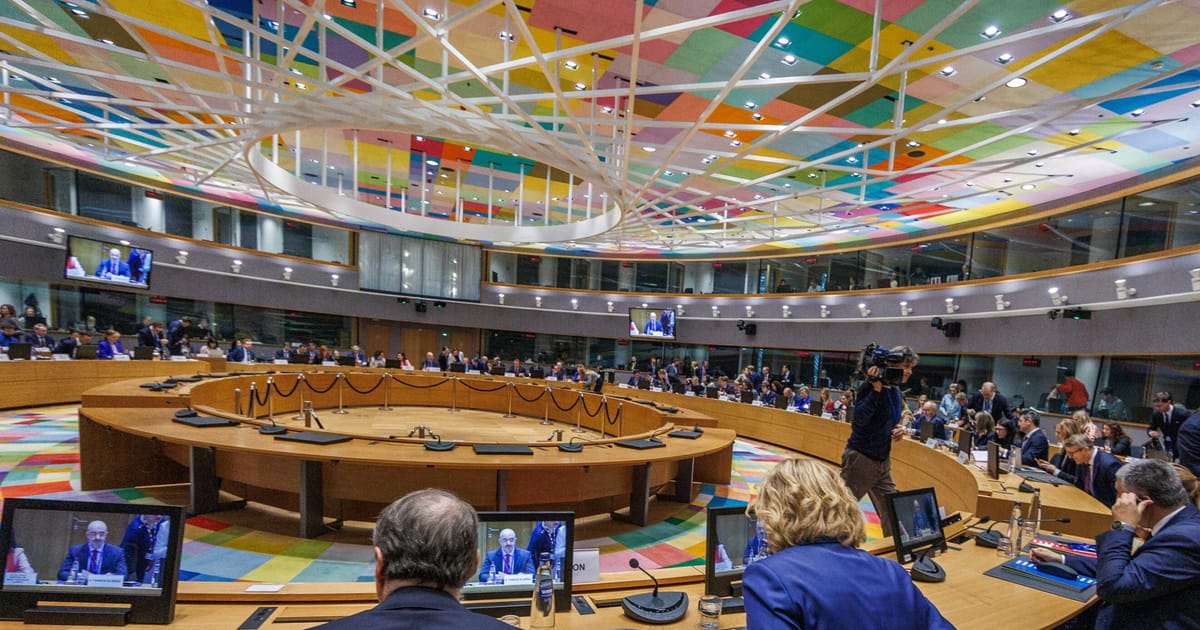

In an era dominated by rapid technological advancements, the world stands at the brink of a new age with developments in quantum computing, artificial intelligence, and even culinary arts in space. These innovations carry the promise of transforming our lives in unimaginable ways. Let’s explore how Europe, China, and the world at large are navigating these exciting changes.
Europe finds itself once again in a familiar race as it strives to establish a strong foothold in the quantum computing sector. After lagging behind in past technological races, the European Union is determined to take a different path this time. Its goal is to harness collective efforts and resources to lead the quantum computing charge. This shift is seen as imperative for maintaining technological sovereignty amidst global competitors like the United States and China. The continent seeks to overcome previous hurdles by fostering collaboration between member nations, investing in innovation, and crafting policies that support technological growth.
Meanwhile, in Beijing, a unique sporting event showcased the potential of artificial intelligence in bringing entertainment to new heights. In a spectacle of modern robotics, humanoid robots participated in a three-a-side football match that captivated audiences. The event highlighted both the progress and challenges in AI development, as robots endeavored to navigate the football field while maintaining balance and coordination. While the spectacle was thrilling, it also served as a reminder of the complexities involved in perfecting AI technology.
In a more culinary twist to technology innovation, a celebrated French chef has prepared an extravagant menu for astronaut Sophie Adenot’s 2025 journey to the International Space Station. The menu includes quintessential French dishes like lobster bisque, foie gras, and onion soup, crafted to provide a taste of home amidst the vast expanse of space. This initiative not only emphasizes the integration of cultural elements into space exploration but also highlights the evolving nature of space missions where comfort and morale are increasingly addressed.
In the realm of sports, Wimbledon demonstrates how subtle innovations can redefine the nature of competition. Since 2001, the tournament has adopted a more resilient species of grass, impacting game dynamics significantly. This change has led to longer rallies and has allowed players with diverse playing styles to thrive. Tennis stars like Carlos Alcaraz and Novak Djokovic showcase how Wimbledon continues to balance tradition with innovation, maintaining its prestige while embracing fresh approaches to the game.
As Europe stands on the cusp of a new technological era, it endeavors to learn from past lessons and forge a path of innovation and unity. Across the globe, developments in AI, space cuisine, and sports continue to enrich human experience and broaden our horizons. These advancements serve as a reminder of humanity’s boundless potential and the novel ways through which we continue to explore and shape our world.
Source: {link}
